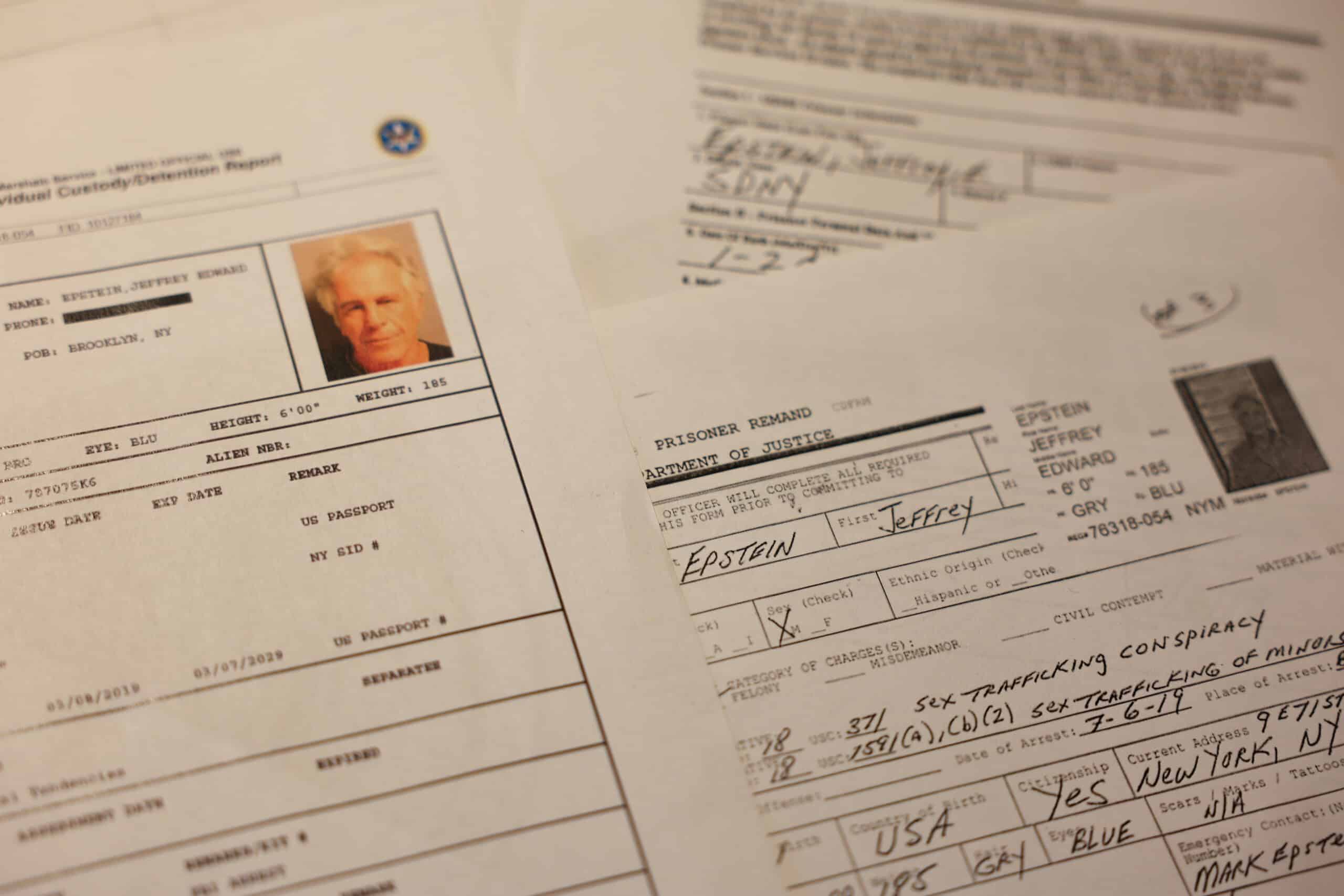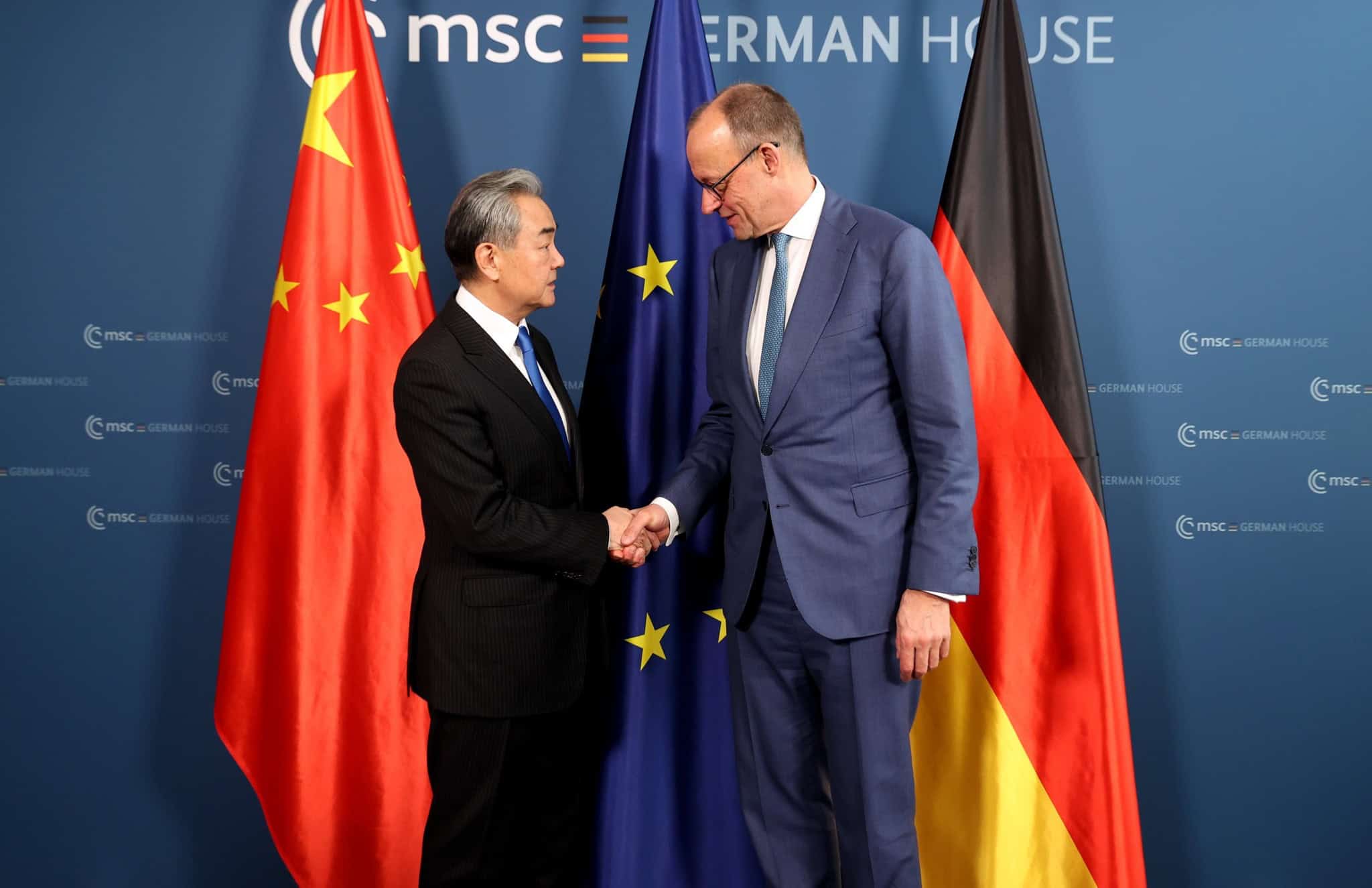Good evening. If President Xi Jinping ever does decide to take Taiwan by force, China’s military will not be venturing into unknown waters. Thanks to the extensive commercial ties that bind the two foes, Chinese ships routinely visit the ports that would have to be seized in the initial stages of any successful invasion — ports that are, in many cases, also home to or located near Taiwan’s most important naval and air bases and other critical infrastructure. A Hong Kong unit of Cosco Shipping, China’s largest state-owned shipping group, even operates two terminals inside Taiwan’s largest port. In this week’s cover story, Chris Horton writes that recent activity by Chinese vessels suggests Beijing is using state-owned companies such as Cosco to prepare for a future assault on Taiwan, which could include commercial vessels acting as Trojan horses for Chinese military units. It is a threat that the administration of Taiwan’s president, Lai Ching-te, is waking up to.
Also in this week’s issue: The rise and rise of robot-maker Unitree; Eliot Chen on the Tibet mega dam; David Shambaugh discusses U.S.-China relations; and Stephen Roach on America’s own goals in the AI race.
Want this emailed directly to your inbox? Sign up to receive our free newsletter.
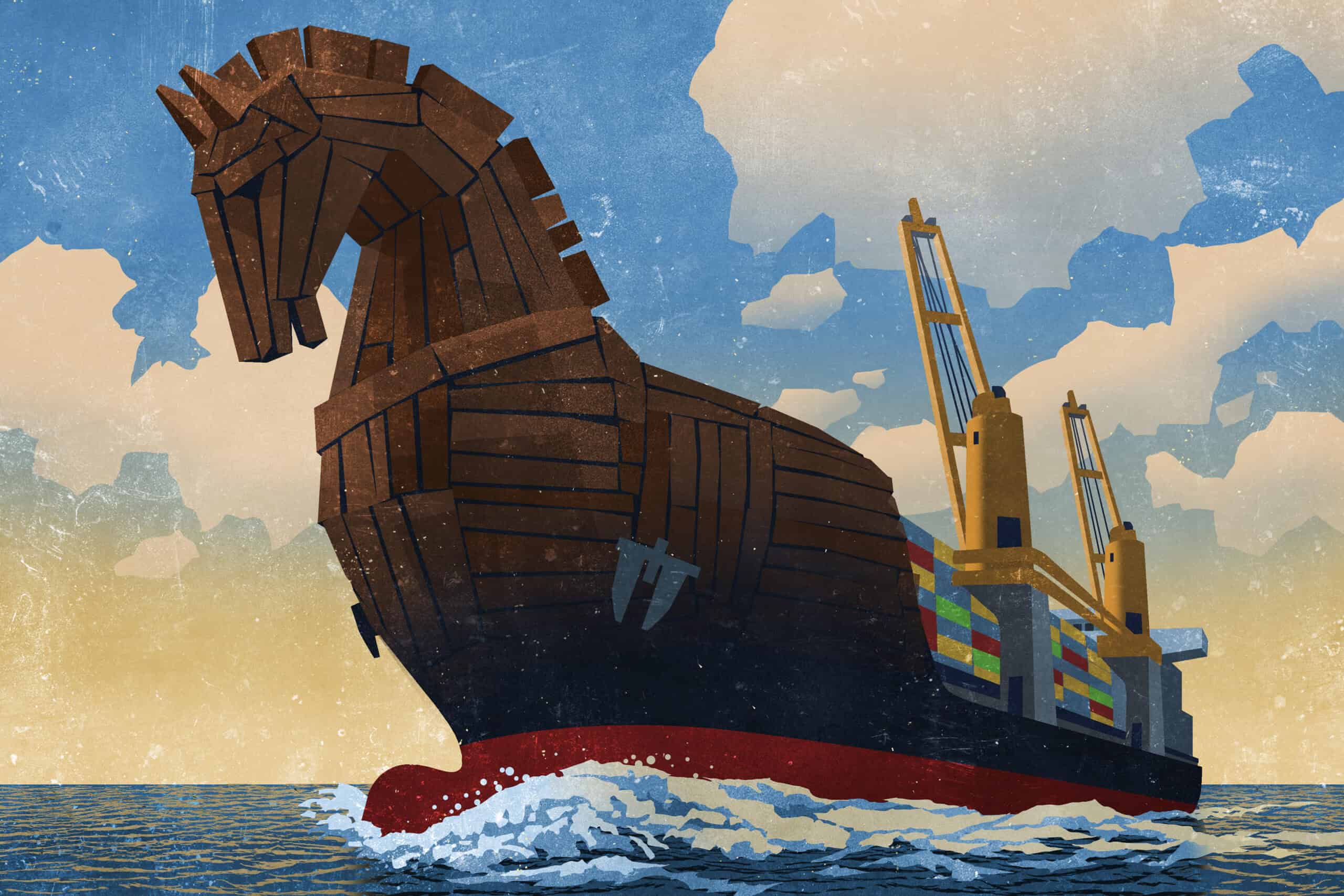
China’s Trojan Horse Fleet
In a recent state television report, a Chinese cargo ship showed off its ability to conceal and transport People’s Liberation Army soldiers. Another Chinese vessel dropped anchor in an area where doing so is prohibited by Taiwanese authorities and then dragged it back and forth across the seabed, eventually severing an important undersea communications cable. This week’s cover story examines the national security threat that state-owned Cosco Shipping, which has close ties to China’s military, poses to Taiwan.
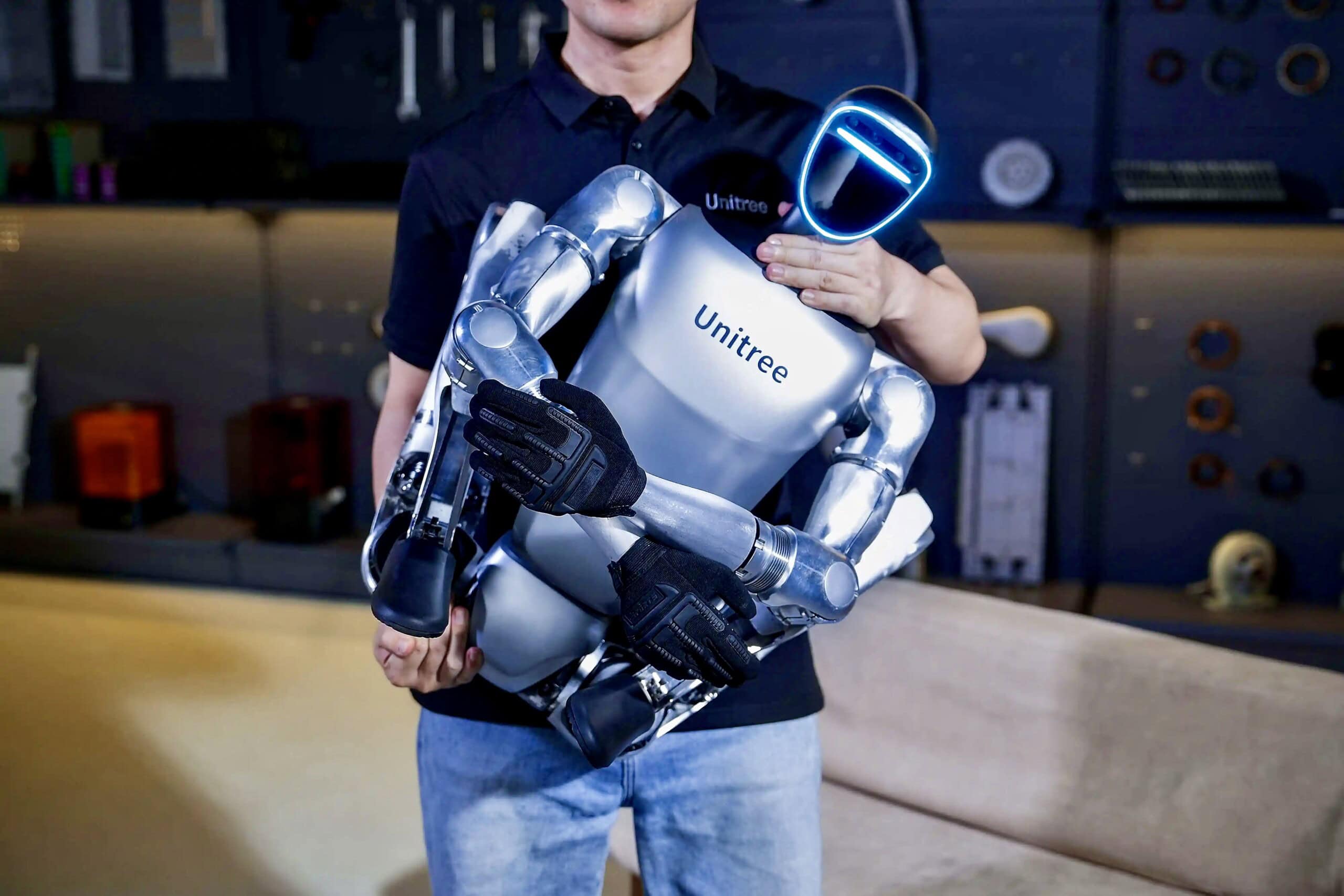
Company in the News: Unitree
Unitree was founded in Hangzhou nine years ago by Wang Xingxing, inventor of the XDog. It sells robots for as low as $2,800 — compared to one American rival’s $75,000 price tags — and is gearing up for an IPO. In a new-look format, this week’s Big Picture dissects the China tech champion.

The Tibet Mega Dam
The Three Gorges Dam was not big enough. On July 21 Premier Li Qiang broke ground for construction of a 70 gigawatt, $167 billion dam on the Yarlung Zangpo in Tibet. Two of China’s South Asian neighbours, India and Bangladesh, are worried about the “monstrous” project upstream of them. But China will not be dissuaded, Eliot Chen writes. It wants the economic boost that will flow from the dam and the renewable energy dividend it will eventually pay.
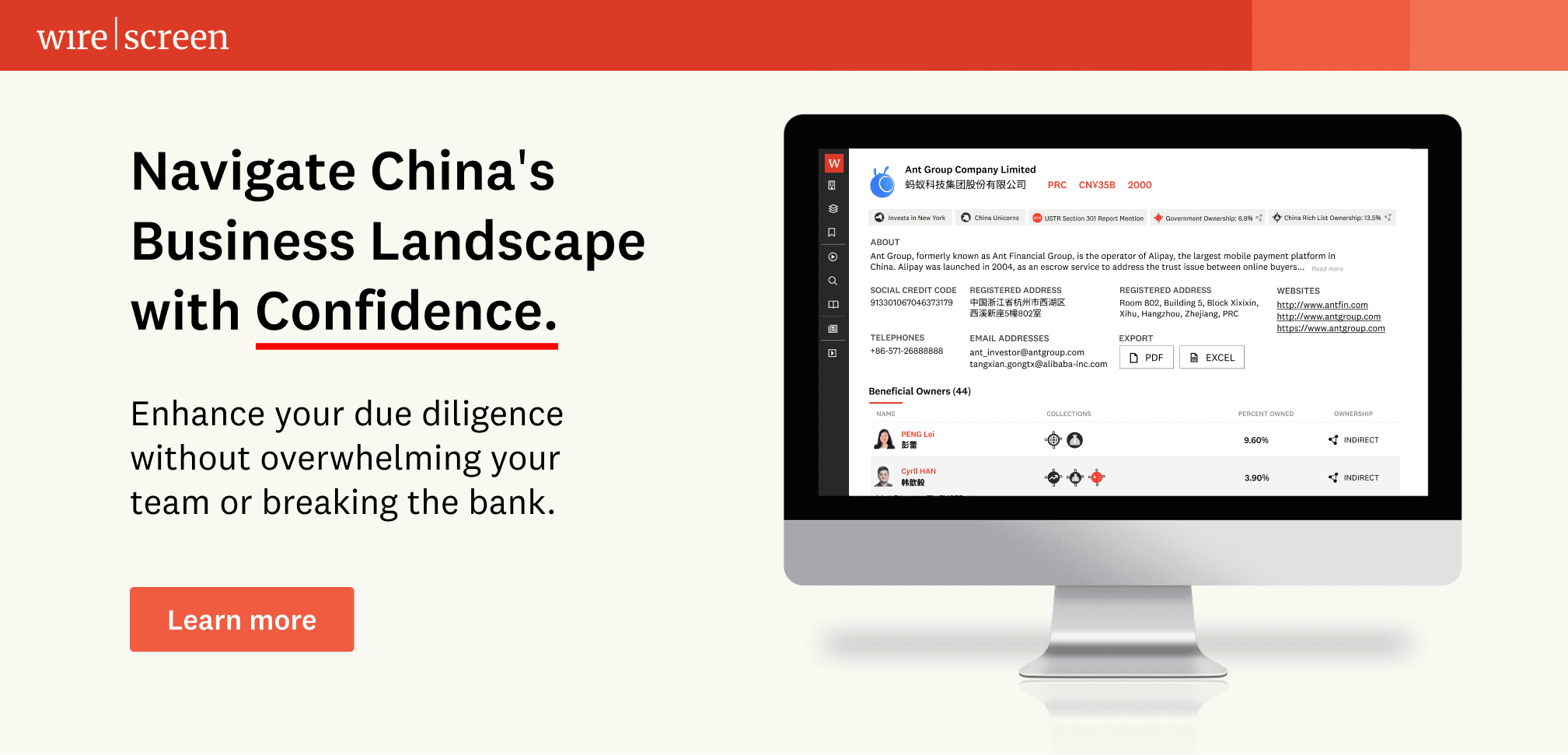
A Q&A with David Shambaugh

David Shambaugh is one of America’s best known Sinologists. Over his long career, the George Washington University scholar has watched the China-U.S. relationship wax and wane, from good to bad and back again, repeatedly over the decades. Since Xi Jinping assumed power in 2012, bilateral relations have reached their lowest point since Richard Nixon’s historic visit to Beijing in 1972.
In this week’s Q&A with Andrew Peaple, Shambaugh talks about his new book on the world’s most important bilateral relationship, how it got so bad and whether American Liberalism and Chinese Leninism can ever learn to get along with each other.
David Shambaugh
Illustration by Kate Copeland
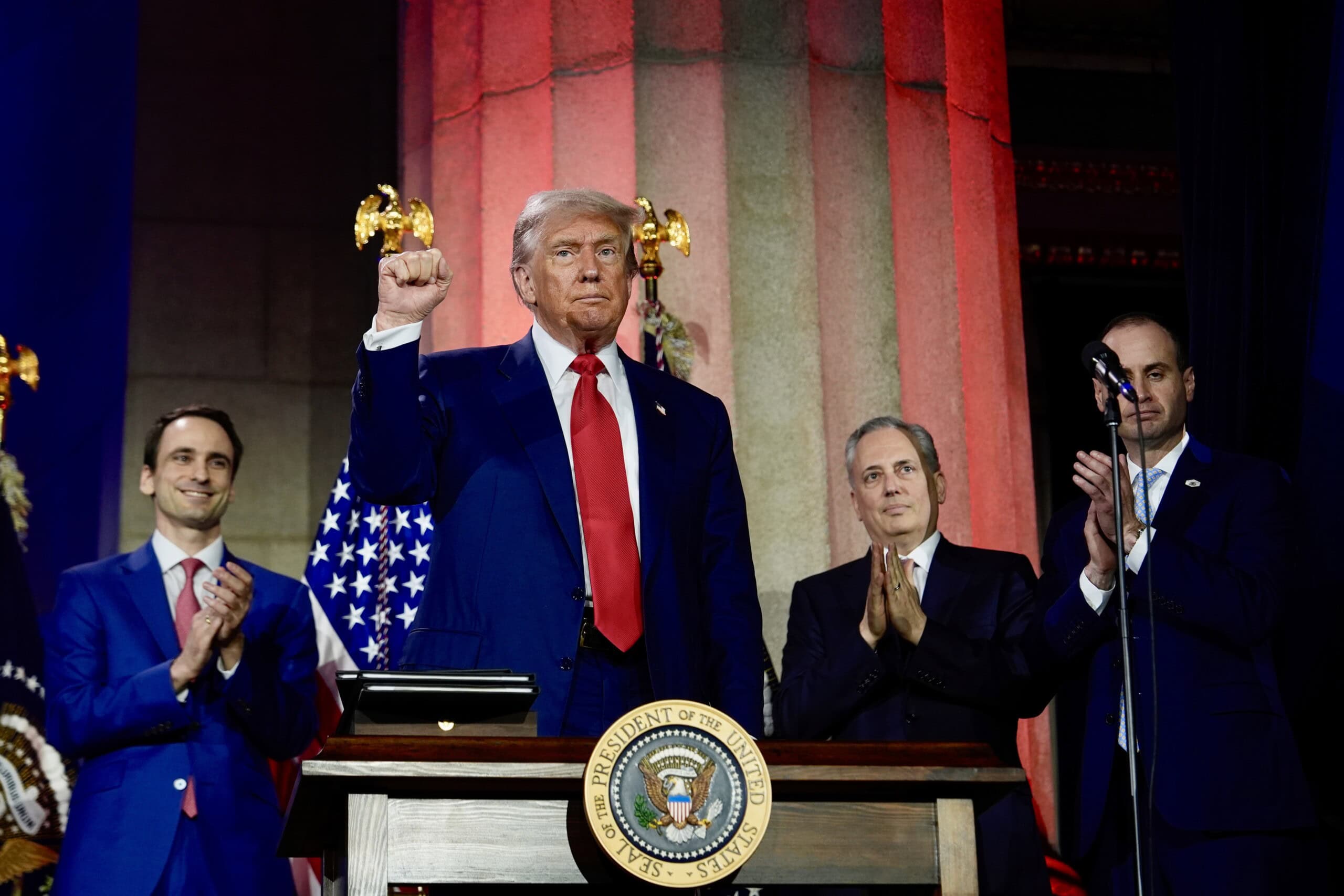
How Not to Run the AI Race
The U.S. got off to a fast start in the AI race. But China is catching up fast and, as Stephen Roach writes, has an approach to government-funded basic research that could well help it overtake its global rival. The Trump administration’s failings in this critical area, he argues, are tantamount to “economic and competitive suicide”.
Subscribe today for unlimited access, starting at only $19 a month.

